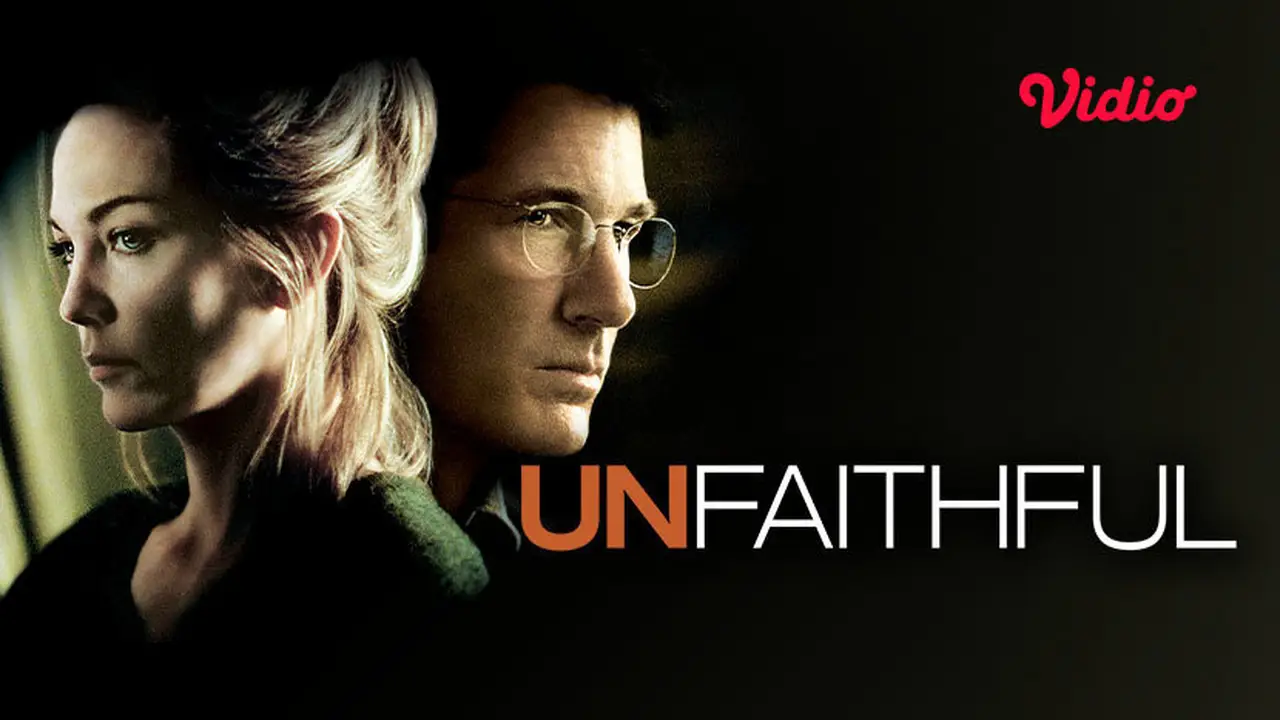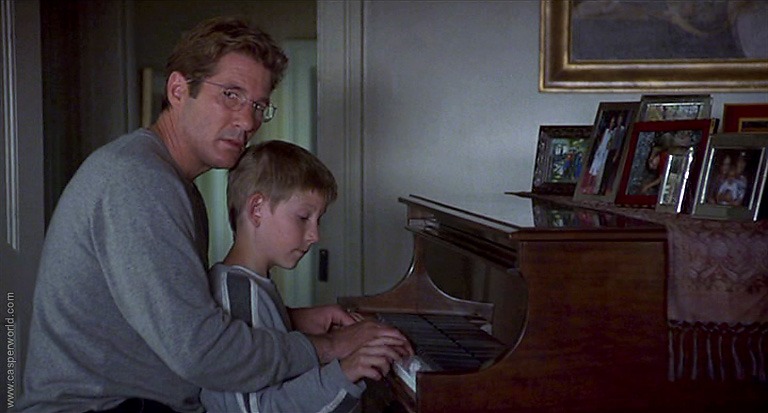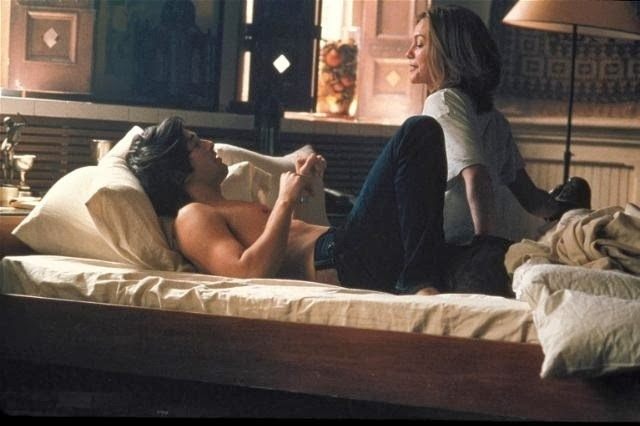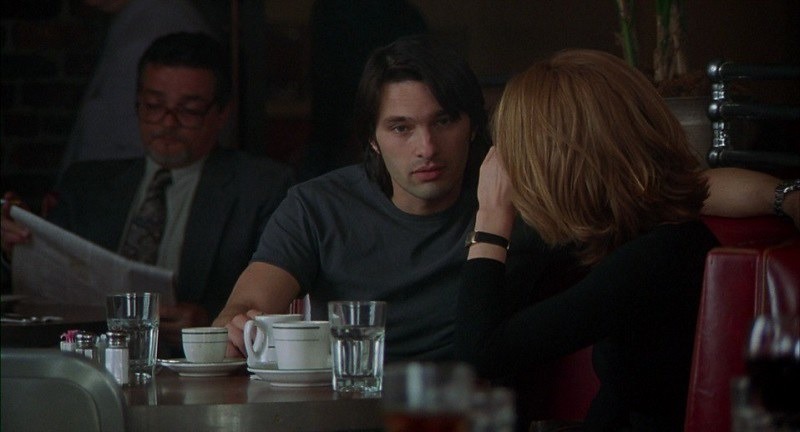
Unfaithful is a psychological thriller and erotic drama directed by Adrian Lyne, released in 2002. The film stars Richard Gere, Diane Lane, and Olivier Martinez, and is based on the French film The Unfaithful Wife by Claude Chabrol. The screenplay, adapted by Alvin Sargent and William Broyles Jr., delves into the complexities of infidelity, obsession, and the destructive consequences of betrayal. With its intense performances and dark exploration of human emotions, Unfaithful is a gripping film that leaves a lasting impact on its viewers.
The plot of Unfaithful centers around a married couple, Edward and Connie Sumner, played by Richard Gere and Diane Lane. Edward is a successful businessman, and their life together seems perfect on the surface. However, Connie, feeling lonely and emotionally neglected, becomes involved in an affair with a handsome and passionate Frenchman named Paul Martel, portrayed by Olivier Martinez. The affair becomes increasingly intense and consuming, leading to a series of events that spiral out of control and have life-altering consequences for everyone involved.
Diane Lane’s performance as Connie is one of the standout elements of the film. She effectively portrays the inner conflict and emotional turmoil of a woman who is torn between the security of her family life and the excitement of a forbidden affair. Her portrayal of Connie’s guilt, passion, and vulnerability is both nuanced and powerful. Richard Gere, as Edward, is equally compelling, bringing depth to his character’s emotions of trust, suspicion, and eventual heartbreak as he discovers his wife’s betrayal.
The film’s central theme revolves around the destructive nature of infidelity. It explores how a seemingly small act of betrayal can unravel not only a marriage but also the lives of everyone involved. Edward’s discovery of his wife’s affair sets off a chain of events that leads to violence and tragedy. The tension between the characters builds gradually, and the film’s exploration of jealousy, revenge, and the consequences of deceit creates a haunting atmosphere that is both uncomfortable and compelling to watch.

One of the most striking aspects of Unfaithful is Adrian Lyne’s direction. Known for his ability to create tense and emotionally charged films, Lyne brings a sense of realism and intensity to the film. The cinematography captures both the intimacy of the characters’ relationships and the coldness of their surroundings. The film’s pacing allows for the gradual build-up of tension, with the final moments of the film being both shocking and tragic. Lyne’s skillful use of suspense and mood creates a sense of inevitability, making the film’s outcome feel both heartbreaking and unavoidably tragic.

While Unfaithful was praised for its performances and direction, it also sparked controversy due to its explicit content and portrayal of the affair. Some critics felt that the film was overly sensational in its depiction of sexual desire and infidelity, while others argued that it effectively portrayed the emotional complexities and consequences of cheating. The film’s adult themes and provocative imagery make it a polarizing experience for viewers, though it undeniably raises important questions about trust, desire, and the fragility of relationships.

In conclusion, Unfaithful is a provocative and emotionally charged film that examines the consequences of infidelity. With powerful performances, particularly from Diane Lane, and a skillful direction by Adrian Lyne, the film explores themes of passion, betrayal, and revenge in a deeply unsettling way. While its explicit content may not be for everyone, Unfaithful offers a compelling look at the emotional and psychological impact of betrayal, making it a memorable and thought-provoking film in the thriller genre.
